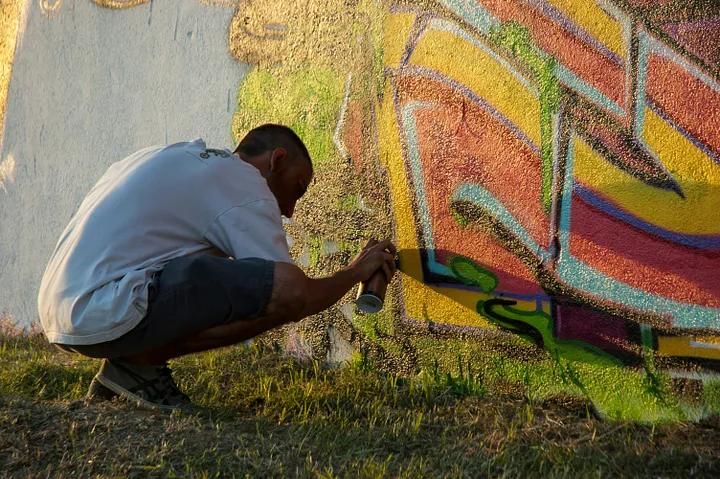Right now, I’ve around a dozen abandoned game projects, more than 10 blog articles that I started writing, and 8 short stories that I never finished. I intend to go back and finish them.
But, with time, I’ve come to realize that I won’t finish all or even most of them.
I’ve always been a completionist when it comes to the media I consume. I try my best to never “DNF” the games, books, TV series, and movies that I play, read, or watch. You can say that I’m a prime example of the sunk cost fallacy in action. Time is the most valuable thing in the world to me and losing any to not finish what I began just doesn’t sit right with me.
After over a decade of writing fiction and non-fiction, and developing games, I’ve drilled down the three main reasons why I leave projects abandoned. If you have ever gone down the creative path, you’re bound to relate to at least one or all three.
The Amateur’s Hubris
As creators, we tend to overestimate our capacity, especially when we are starting. For example, 15-year-olds planning out epic fantasy trilogies before they’ve even written down a single chapter; beginner game developers designing MMOs and open-world games before they’ve written a single line of code; video content creators picking to work on ideas that require an enormous budget.
Every creative hobby has its version of go big or go home that appeals to amateurs in the field who are out to prove themselves and have no experience with its intricacies to realize just how monumental the task is. It is only after you’ve finished modest projects that you can appreciate all aspects of what goes into taking a concept from idea to completion.
Ideas Lacking Potential
On many of the projects that I’ve abandoned — whether it be a game, blog post, or work of fiction — I was unaware of the challenges that I was going to run into.
We are full of excitement when a new idea captures our imagination. The thought of exploring the idea, building upon it, and sharing it with the world is what compels us to start working. However, sometimes we come to realize that the core idea doesn’t have enough meat to it to justify putting in more effort.
This can be something as simple as realizing that the world you imagined for your novel is just not too different from the real world we live in, your YouTube video or movie has a paper-thin plot, or your game has no depth to its mechanics.
It is then natural to lose interest in the idea and pursue another one of the many ideas you may have sitting on the back burner.
Lacking Skills
Finally, sometimes you may realize that you just don’t have the technical skills required to achieve your original vision.
Whether your coding skills are not up to par to make that app, your editing skills are not mature enough to mimic the kind of cuts you see in professionally made content, or your writing skills lack the punch that your favorite authors have, it is natural to feel dissatisfied with the progress you are making if it is not up to snuff.
What Can We Do About This?
First and foremost, we must get rid of the guilt associated with abandoning projects.
The ideal, of course, is to always finish what you start. But this is a trap that can stifle our creativity, taking our precious time away from projects that can be finished and shared. We can end up dedicating years of effort to something we don’t enjoy, frustrating us more and more and taking the joy out of the creative process.
Think of the greatest creative minds in your chosen field. Do you think they completed everything they set out to do? We hear a multitude of stories of art pieces being found when an artist dies and a loved one digs through their belongings. Even the brightest minds realized the importance of letting go and not holding on to your failures.
Moreover, art is never truly finished. There is always more paint to add to the canvas; more words to be added and edited; another level to be added to the game; and another scene shot to make the narrative more complete. It is okay to make peace with the fact that your art will never be perfect.
Another concept I like comes from Oliver Burkeman who suggests treating your to-read pile like a river, not a bucket. While the aforementioned article focuses on consumption, you can apply the same concept to your output as a creator. It is fine not to put everything you start into an ever-growing bucket. If you consistently keep creating, you will find the time and skills required to bring your best ideas to life.
Finally, as long as you learn something from the process, no project is truly a failure. They are all stepping stones in a long journey that will yield great dividends if you stick to it.
Closing Words
As I’ve moved from consumer to creator, I’ve realized that the completionist approach is very toxic and not right for creatives. There is, however, a great middle ground between completing and abandoning projects that I’ve written about the wrap kit. I urge you to check out the blog post.
